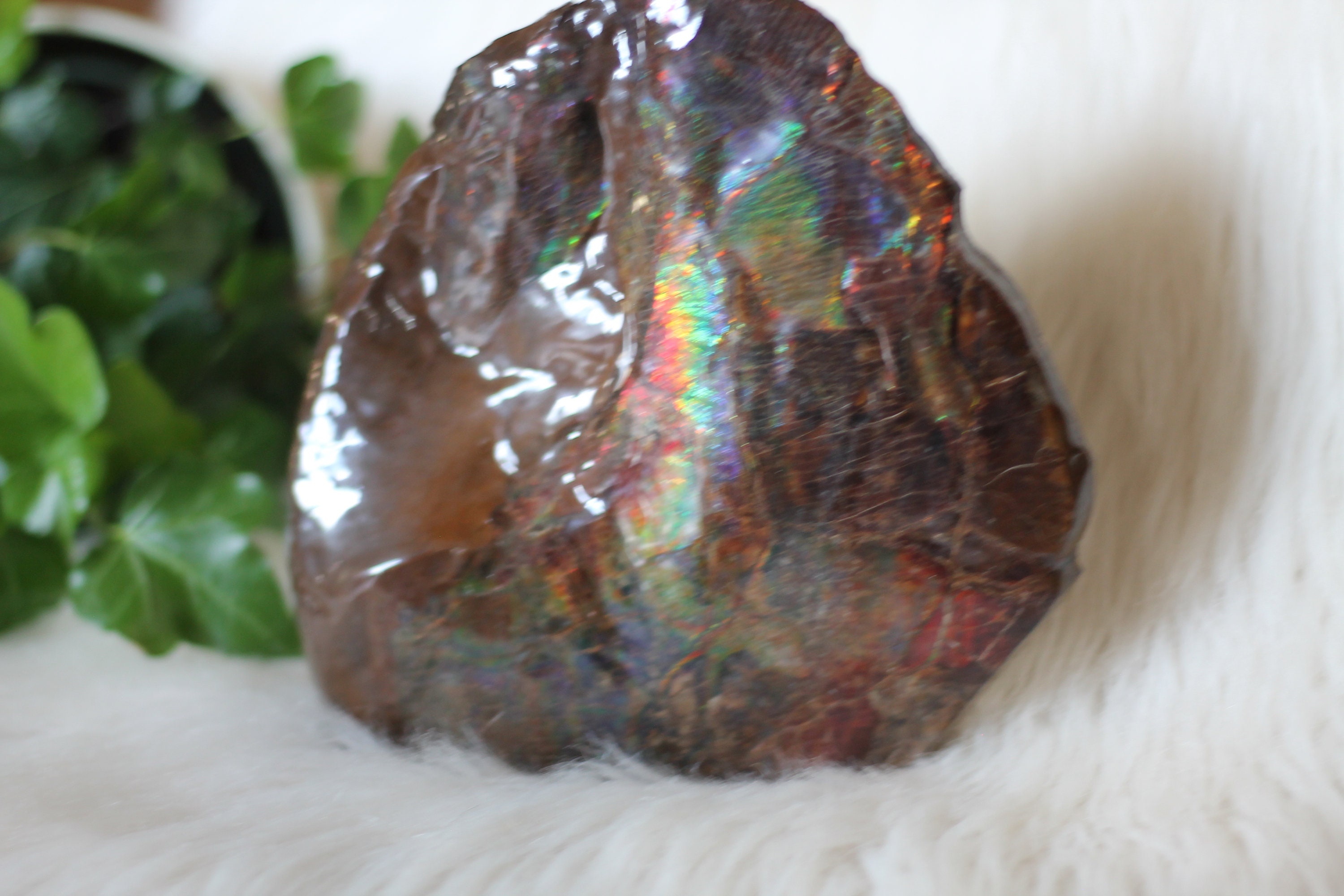
The small nation of Ammon could face Israel only in alliance with other non-Israelites (compare II Chron. 3) others conclude that the brother-nations still formed a unit. Some scholars find that these varying statements conflict (compare Deut. The speech of Jephthah which follows, however, is clearly addressed to the Moabites as well, for he speaks of their god Chemosh (Judges, xi. 7, 8, 9, in which not only Gilead is oppressed but a victorious war is waged also west of the Jordan, Ammon alone is mentioned. 13, the Ammonites appear as furnishing assistance to Eglon of Moab against Israel but in Judges, x. 5, according to which Balaam came "from the land of the children of Ammon." This is the reading of most ancient versions the Septuagint, however, has it like the present Hebrew text: "the children of his people" (" ammo") ( see Balaam). Some authorities overcome this discrepancy by the help of the emended text of Num. 4, 5, for instance, states that the Ammonites and Moabites hired Balaam to curse the Israelites, while in Num. Sometimes a slight distinction only seems to be made between the Ammonites and their southern brothers, the Moabites. When the Israelites invaded Canaan, they passed by the frontier of the Ammonites (Num. 5) with these may be connected with the history of Ammon. 20, their territory had formerly been in the possession of a mysterious nation, the Zamzummim (also called Zuzim), and the war of Chedorlaomer (Gen. 24, in Benjamin, does not point to former possessions west of Jordan. The village of the Ammonites (or according to the Ḳeri, Ammonitess), Josh. According to the Moabite stone, the southeastern quarter, attributed by many scholars to Ammon, could not have belonged to it and nothing is known concerning an extension north of the Jabbok river. It extended from Aroer to Minnith, including twenty cities, and must have been anextremely narrow strip of land, comprising only the northeastern quarter of the region called, at present, El-Belka. 33, a portion of the land of Ammon is mentioned. 37, the region along the river Jabbok and the cities of the hill-country formed the border-line of Israel. This explains, in part, the claim mentioned above (Judges, xi. 19, 37) only by assuming that the northern part of Sihon's Amorite kingdom had for merly been Ammonite. and half the land of the children of Ammon." The latter statement can be reconciled with Num. 25, defines the frontier of the tribe of Gad as being "Jazer. 19) as having reached "even unto the children of Ammon, for the border of the children of Ammon was Jazer" (read the last word, with Septuagint, as "Jazer," instead of "'az," strong, A. 24 describes the Hebrew conquest (compare Judges, xi. 22 it is stated that the Israelites had possession "from the wilderness even unto Jordan," and that they laid a claim to territory beyond this, so as to leave no room for Ammon.

15), inasmuch as the Israelitish part of this tract had been conquered from the Amorites whom the Moabites had, in part, preceded while in Judges, xi. 13, the claim of the king of Ammon, who demands of the Israelites the restoration of the land "from Arnon even unto Jabbok and unto Jordan," is mentioned only as an unjust claim (xi. The borders of the Ammonite territory are not clearly defined in the Bible. 19, 37, in which the consciousness of relationship seems to be at the root of the regard shown to Ammon).

4), even to the exclusion of their progeny from the assembly of the Lord (contrast Deut. But the above passage indicates also the contempt and hatred for the Ammonites felt by the Hebrews (Deut.


This is fully confirmed by the fact that all names of Ammonitish persons show a pure Canaanitish character. 37-38, the Ammonites were nearly related to the Israelites and still more closely to their neighbors in the south, the Moabites. It is possible that Ammon is derived from the name of a tribal divinity.Īccording to the pedigree given in Gen. 38, in which "Ben-ammi" (son of my paternal uncle that is, of my nearest relative) is paro-nomasia, not etymology. As to their origin from Lot, compare Gen. Biblical Data:Ī nation in eastern Palestine.


 0 kommentar(er)
0 kommentar(er)
